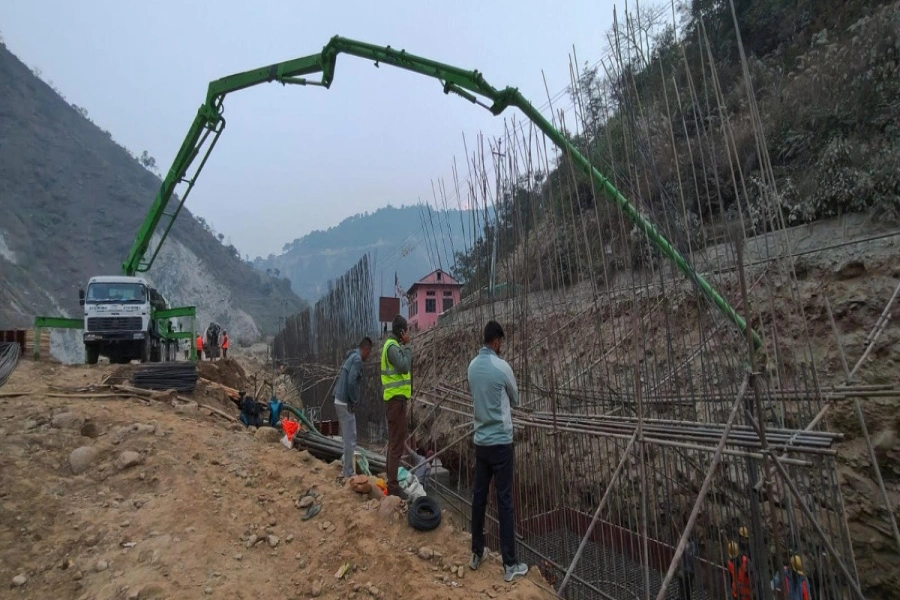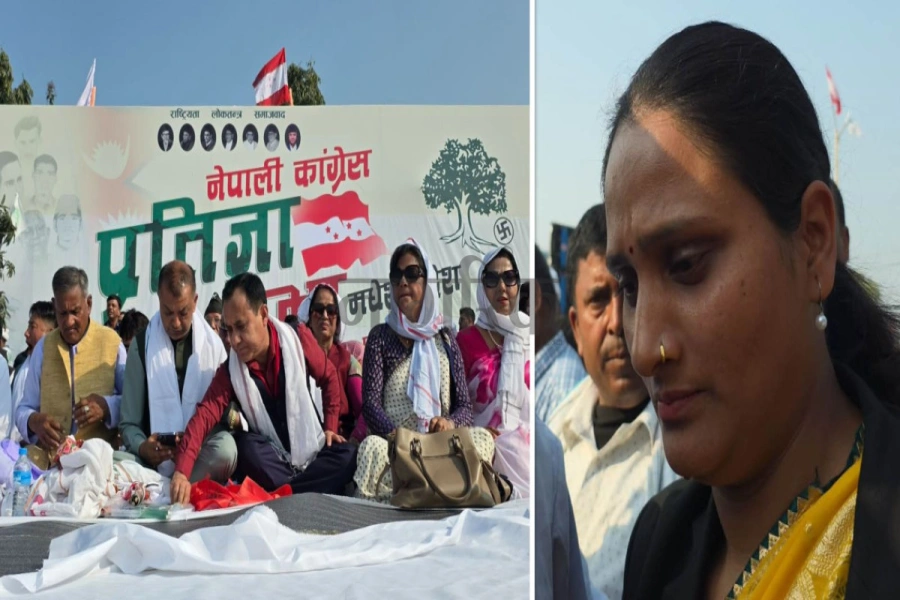KATHMANDU, Sept 10: The dengue infection has spread across the country. The Epidemiology and Disease Control Division (EDCD) has confirmed that dengue infection has spread across all 77 districts by the third week of Bhadra (mid-September), and over 500 people have been infected across five districts. According to the EDCD, the highest number of infections has been reported in Tanahun with 1,149 cases, followed by 764 cases in Kaski, 657 cases in Parbat, 552 cases in Kathmandu and 533 cases in Chitwan.
The number of people infected across the country has now reached 6,831. Among the infected, four people have died so far. Dr Gokarna Dahal, the chief of the Vector Borne Disease Section at EDCD, said that as the number of active dengue cases is decreasing in some districts, it is uncertain how the infection will spread and .
According to Dr Dahal, the rate of new infections in Tanahun and Kaski has decreased. However, the infection rate has increased significantly in some districts like Kathmandu and Chitwan.
36 dengue infected found so far in Rupandehi: DPHO

In Chitwan, local authorities have launched an active campaign to find and destroy mosquitoes, which might lead to a decrease in the infection rate.
Dr Dahal said that this year, there have been fewer outbreaks due to the timely continuation of the search and destroy campaign by local authorities compared to last year.
Dr Dahal suggested continuing efforts to locate and eliminate the breeding grounds of dengue-carrying mosquitoes as the risk of dengue remains high in densely populated cities.
Shishir Pant, a former epidemiologist (entomologist) at the Department of Health Services, emphasized the need to continue the campaign for two more months as the weather remains favorable for dengue-carrying mosquitoes. He said that while water tanks are used to collect clean water inside homes, the external environment still appears suitable for Aedes mosquitoes. He said, “The relative humidity in the air is still maintained, and with occasional rainfall. As long as it continues to rain, the mosquito life cycle will continue.”
Due to the intermittent rainfall till mid-November, the life cycle of mosquitoes continues and the risk of dengue remains, as the districts in the Terai region and the valleys in the hilly region provide favorable environments for mosquitoes.
According to Pant, the practice of storing clean water within homes and leaving it uncovered for many days continues to promote the breeding of mosquitoes. After mosquitoes breed, they can live for up to four weeks and reach distances from one hundred to two hundred meters. If there are people inside the house, mosquitoes tend to stay there; if there are no people, they will search for food elsewhere, he said.
He suggests that everyone should play their role as every person remains at risk unless the breeding grounds of mosquitoes are destroyed. “This is a problem for every household. It is not a problem that can be controlled just by distributing medicine by the government. Every citizen and household should be aware and take precautions,” he said.







































